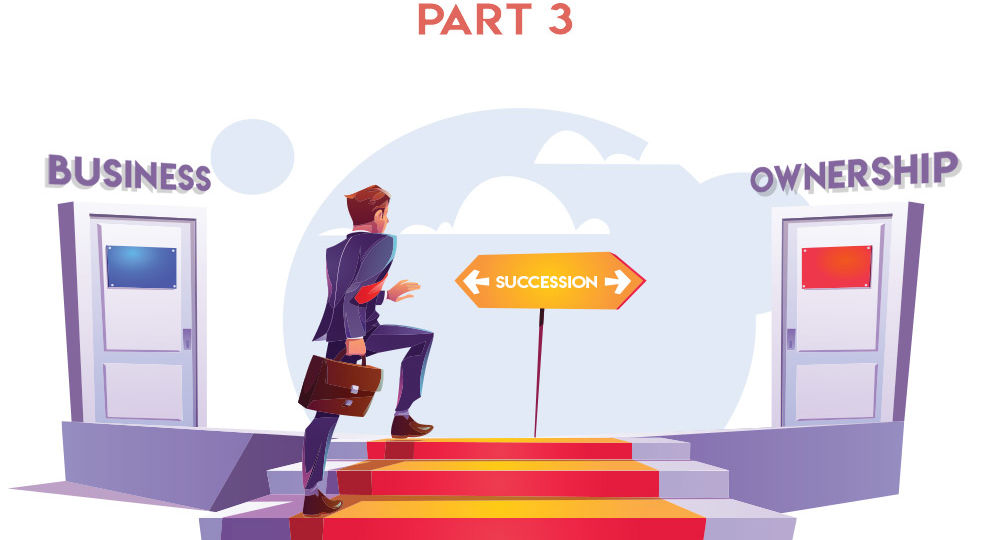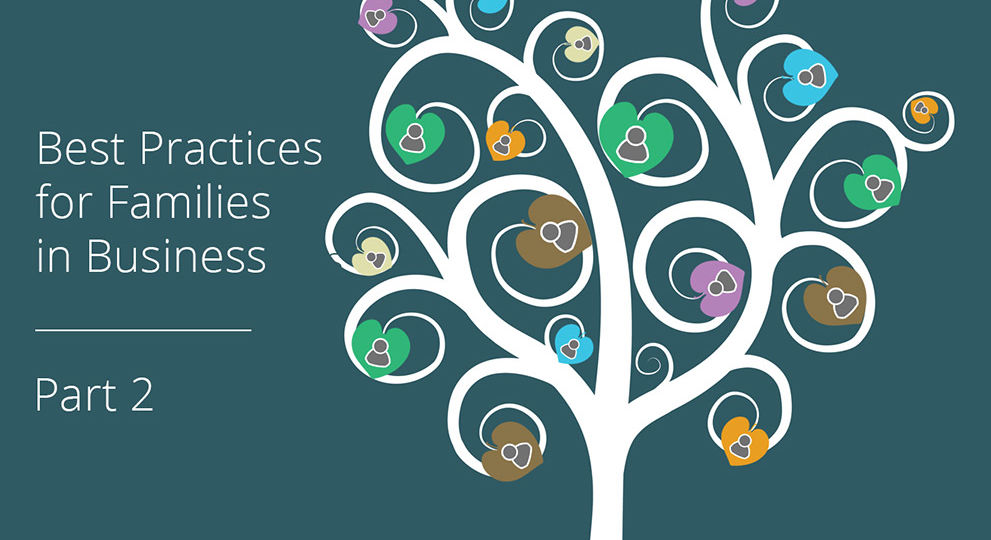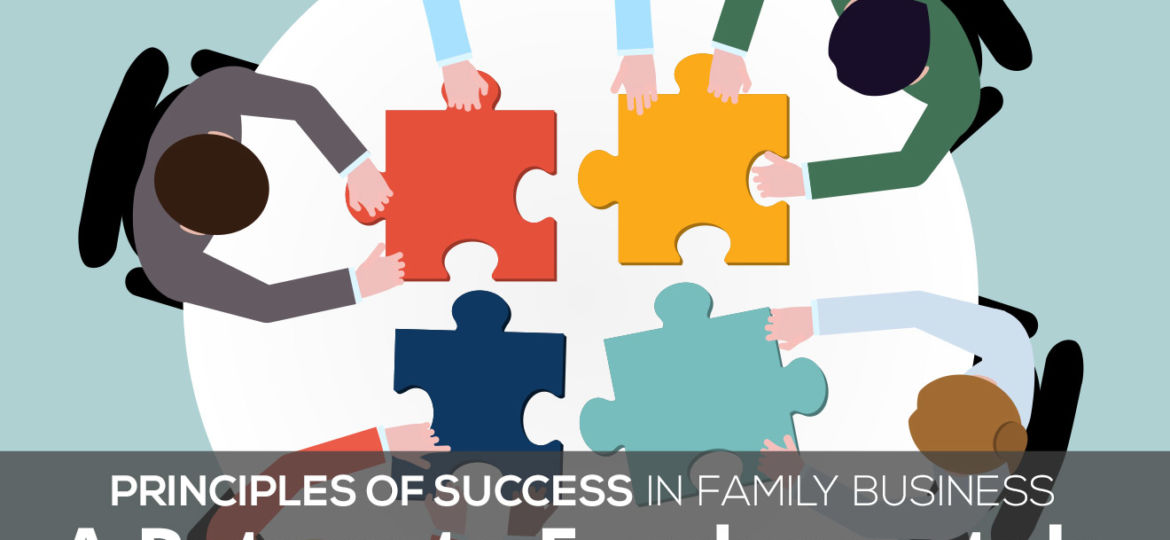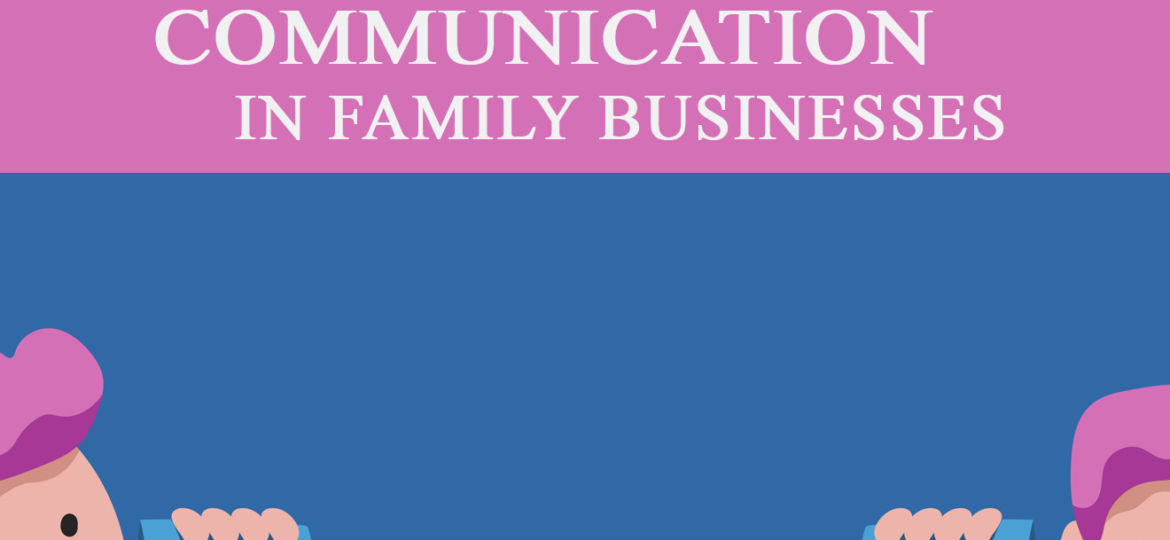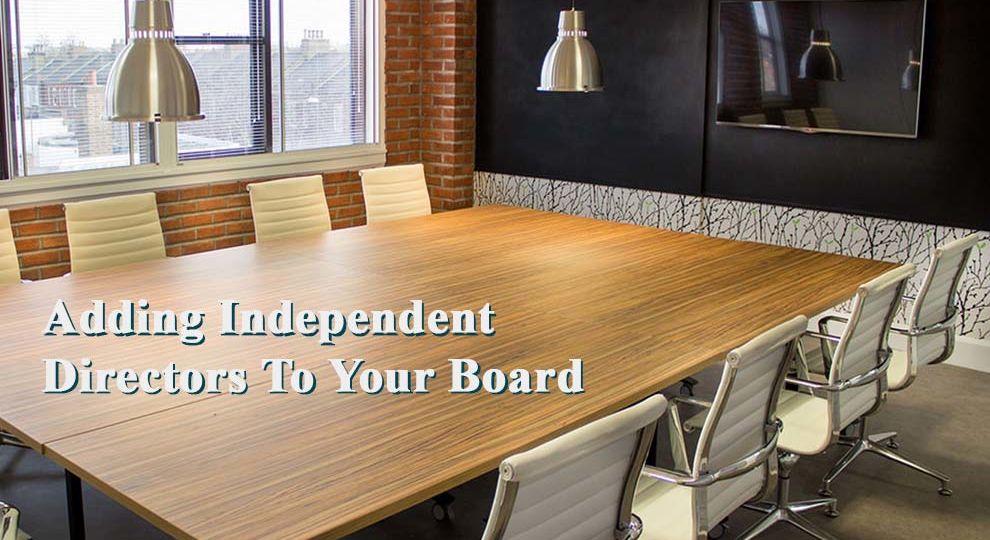When we say miracles happen, we are saying something of this world, something real and often even measurable.
family business
In family business we often stand at crossroads. In these moments we seek guidance which, broadly speaking, comes from realms of the spiritual and of the empirical. Here, we focus on the spiritual.
In family business we often stand at crossroads. In these moments we seek guidance which, broadly speaking, comes from realms of the spiritual and of the empirical. Here, we focus on the spiritual.
In Best Practices for Families in Business: Part 3, we discuss catastrophe planning, succession planning and ownership planning.
In Best Practices for Families in Business: Part 2, we discuss job descriptions, performance management, strategic planning and advisors.
In this column we focus on five of the Best Practices: having a shared vision, embracing shared values, engaging in productive dialogue, understanding the roles and responsibilities of owners, and building trust.
We can withstand and overcome obstacles and challenges better when we provide ourselves with a strong foundation in various aspects of our lives.
The New Normal; if it’s new, it’s not normal. Yet, even in tumult, humans want normalcy. This is where good Family Business practices come in.
Every family in business has its way of knowing what it knows, its own epistemology. Knowledge could be for some a hunch, for others a market analysis. Every family also has its means of engaging its members with that knowledge. That base of knowledge is the foundation on which communication is built. It’s common ground on which grows common language.
The Board of Directors is where the will of owners turns into action. It is also one of the most challenging steps to take for a business owner as they may be advised to do things differently. To be more specific, in almost all family business governance assignments that I have been involved globally, the top of actionable items list has been to add independent directors to the board. Yet only a small portion of business owners easily adopt this idea to change the board composition…
In this column we share some of our findings about the three key areas of need for mentoring in family business: legacy, operations, and human systems.
We often meet with families who have embarked on a transition plan that has proven not to be the destination they intended. Whether it was a plan that was not well thought through or family issues created obstacles that later proved insurmountable, the ultimate effect is adding another negative number to the already poor family business transition statistics…



